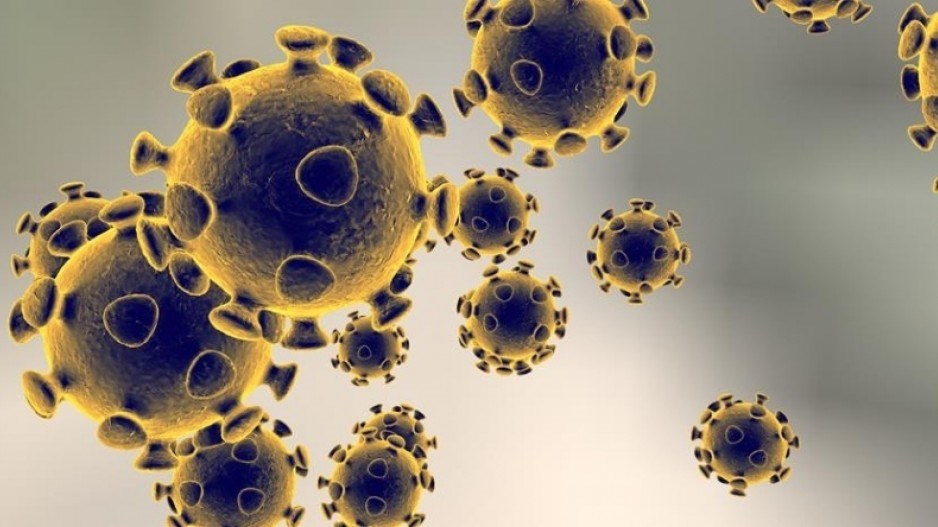What happened: American government purchasing COVID-19 treatment developed in part by B.C. biotech
Why it matters: The therapeutic antibody was developed amid sizeable investment from Ottawa
The U.S. government is opening its wallet to the tune of US$375 million ($500 million) for a COVID-19 therapeutic antibody developed in collaboration with a Vancouver company.
The initial agreement for the bamlanivimab (LY-CoV555) covers 300,000 vials over two months provided by American pharmaceutical giant Eli Lilly and Co. (NYSE:LLY).
In May, Ottawa earmarked $175 million for Vancouver-based biotech AbCellera Biologics Inc. to pursue the development, manufacturing and distribution of therapeutic antibodies.
This came after AbCellera and Lilly announced in April a partnership to develop a new drug for the treatment and prevention of the COVID-19 virus, with Lilly tapping AbCellera’s platform to zero in on antibodies generated in a natural immune response to the novel coronavirus.
The $500 million price tag for bamlanivimab has the potential to expand as the U.S. government has an option to purchase 650,000 more vials through to June 2021.
Bamlanivimab wouldn’t be administered to the general population, but to those already infected with COVID-19 and require treatment.
Last month Lilly released proof-of-concept data showing reduced hospitalization rates for patients treated with the antibody.
The pharmaceutical company reported the rate of hospitalizations and emergency room visits for those treated with bamlanivimab was 1.7% compared with 6% for those treated with a placebo.
Lilly said this represents a 72% risk reduction, while the treatment was “well-tolerated, with no drug-related serious adverse events reported” among those taking bamlanivimab.
However, some trials of bamlanivimab were put on hold earlier this month by the U.S.-based National Institutes of Health over safety concerns.
Bamlanivimab was being tested in ACTIV-2 and ACTIV-3 studies of ambulatory and hospitalized COVID-19 patients.
ACTIV-3 trials were suspended, while ACTIV-2 trials continued.
“Safety is of the utmost importance to Lilly. We are aware that, out of an abundance of caution, the ACTIV-3 independent data safety monitoring board (DSMB) has recommended a pause in enrollment,” Lilly spokeswoman Molly McCully told U.S. broadcaster CNBC.
“Lilly is supportive of the decision by the independent DSMB to cautiously ensure the safety of the patients participating in this study.”
The treatment was developed over three months with co-operation from Vaccine Research Center at the National Institute of Allergy and Infectious Diseases after the organizations identified it from a blood sample taken from one of the first U.S. patients to recover from the coronavirus.
Lilly describes bamlanivimab as the first potential new medicine specifically designed to combat the virus that causes COVID-19.
The first patients were dosed at medical centres in the U.S., including the NYU Grossman School of Medicine and L.A.’s Cedars-Sinai.




